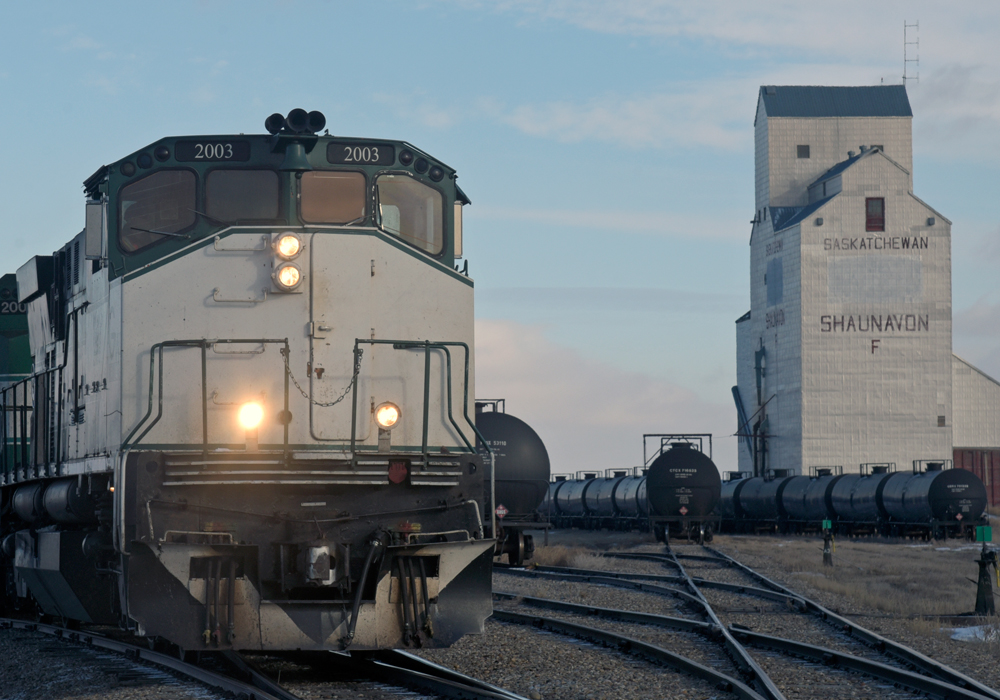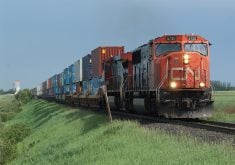Saskatchewan has reinstated its grant program for short-line railways, although at a lesser amount.
The recent budget allocated $530,000 for the province’s 13 short lines.
That compares to $900,000 available in the program before it was cancelled in 2017. The short lines used the money, which was cost-shared, on maintenance and track infrastructure upgrades.
“It’s expanded a bit to include track construction projects, in addition to track maintenance,” said highways minister Fred Bradshaw. “It’s going to be a minimum of $20,000… up to $140,000 (depending on the size of the short line).
Read Also

Farmers urged to be grain-safe this fall
Working around grain bins comes with risk, from farmers falling to drowning in grain: Experts have five tips to help avoid grain-related accidents this harvest.
“It will provide grants for up to 50 percent of the eligible track material costs and construction costs.”
Bradshaw said he had heard from at least one company that planned to use its money for bridge repair.
When the old program was canceled the province offered the short-lines first dibs on its 898 hopper cars. Several months later the government accepted offers to purchase from Big Sky Rail Corp., Great Western Railway and Great Sandhills Railway. The cost was $9.7 million or about $10,800 per car.
At the time the Western Canadian Short Line Railway Association said the lease revenue from those cars had been contributing to the grant and with the cost-share it pumped nearly $2 million into rural economies.
Contact karen.briere@producer.com
















